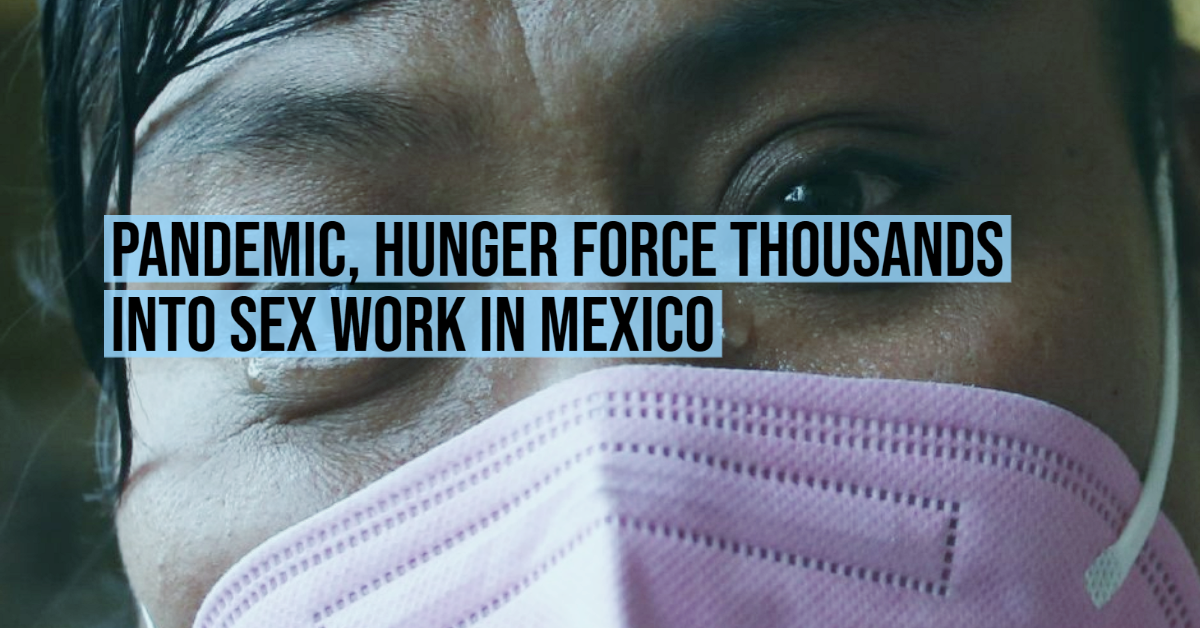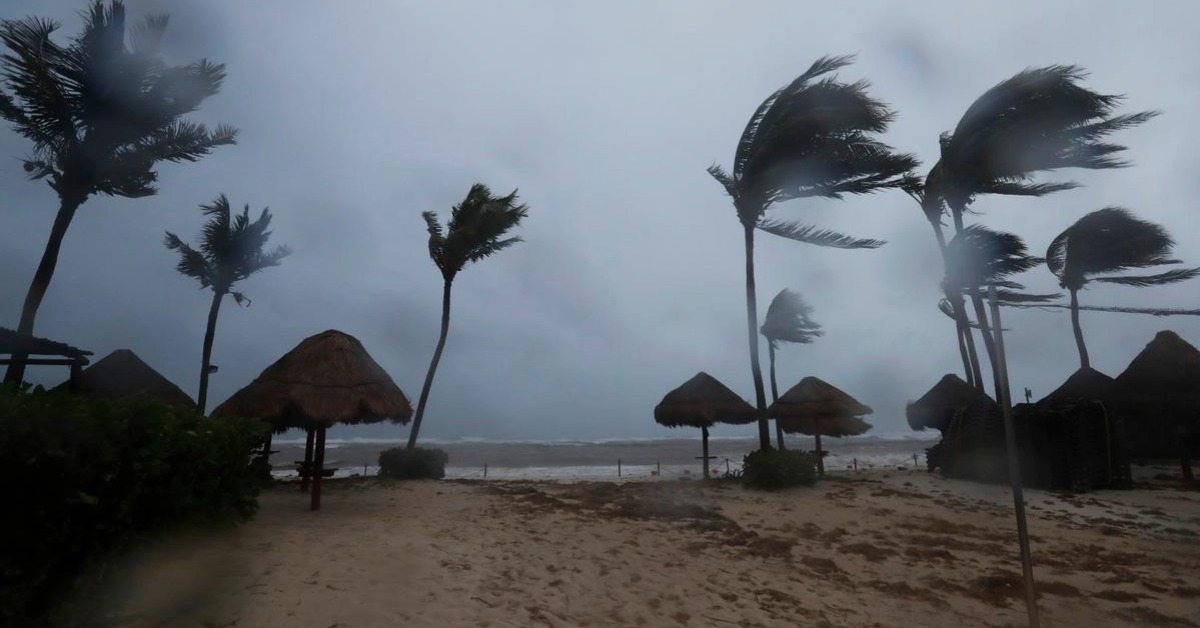Hardships caused by the coronavirus pandemic have forced former sex workers in Mexico back into the trade years after they left, made it more dangerous and reduced some to having sex in cars or on sidewalks for lack of available hotels.
Claudia, who like most of the sex workers interviewed asked to be identified only by her first name, had stopped working the streets a decade ago after she married one of her former clients. But when her husband lost his job early in the pandemic, the couple fell four months behind on rent for their apartment . . .






